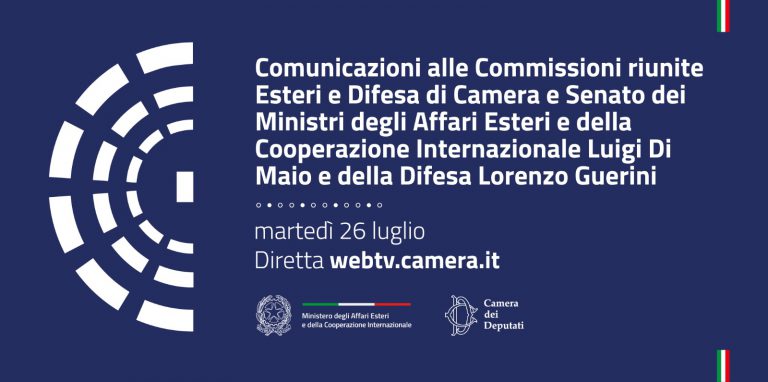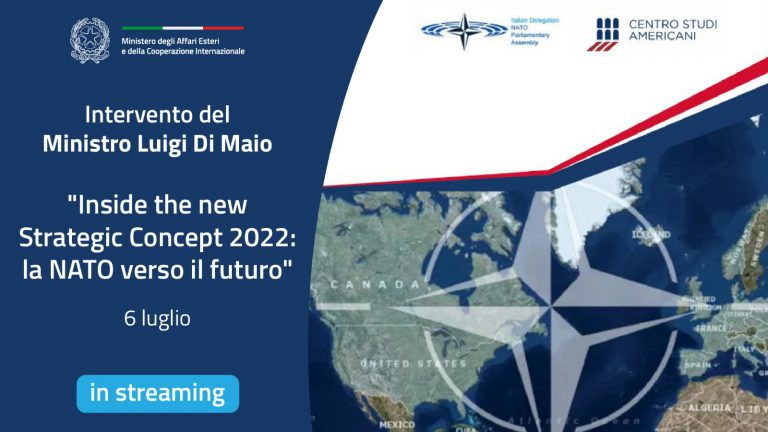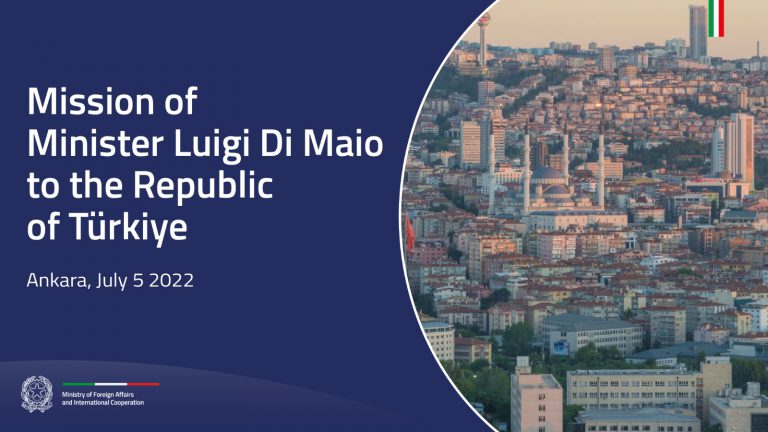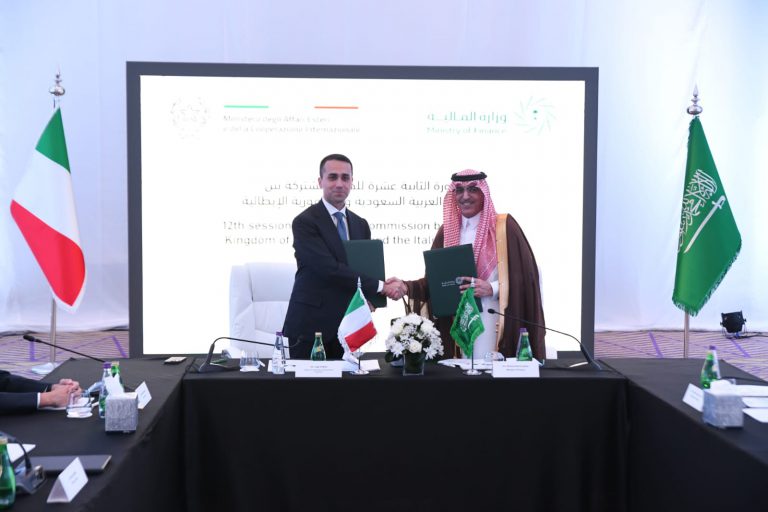Just back from a demanding trip to Kuwait and Oman, Bonino looks tired, but jokes that maybe it’s just that she’s not used to travelling like a “spinning top”. Perhaps it’s her latest anger over the mess-up with Kazakhstan (“I certainly did not have to be informed, but someone could at least have sounded the alarm, since we are, after all, talking about Kazakhstan”). Her last government post was with the Prodi Government in 2008 as Minister for European Affairs and International Trade ( the former Foreign Trade Ministry). I ask her what she thinks, five years later, of the system of support and promotion for the internationalisation of businesses. The minister throws open her arms (she will do the same to many other questions) “First there was the ICE, then they got rid of it, then it was under investigation” and later reinstated, the usual Italian story”.
And so what kind of certainty could businesses have that from now on things will be different? Why should they believe that the panel that you chair, and which met last Wednesday, will be able to generate innovative projects?
“It’s true, having wasted too much time in closing and reopening agencies as the world raced ahead we were not equipped either to understand it or to exploit the opportunities it offered. Now all we can do is begin with what we have, setting priorities and clarifying and assuming our respective responsibilities”.
Something easily said, but will the current resources be enough? Won’t several additional tens of millions of euros be needed to sustain our presence in those markets defined as the “final frontier”, where public support could make the difference?
“Minister Saccomanni was there at the last meeting of the panel; I can only say that he did not at all shut the door in the face of this need”.
Exports have become a survival necessity for Italian firms, but today’s exports represent only 30% of GDP, compared with the nearly 100% of other European countries. What directive did you give to your panel of ministers and economists, which included Minister for Agriculture Di Girolamo for the first time?
More than a directive, we reflected on a series of things together. I summarised five points that, it seems to me, could be the basis for the operational behaviour of the entire government and of local bodies that will be involved in the road show that will travel around Italy for introducing foreign opportunities: first and foremost, we must try to support the lesser-known, and yet high-quality, segments of the Made in Italy brand; secondly, it is not enough to support the industrialisation of industry, but also of trade, artisan production, cooperation and agriculture; third, in addition to major brands, we also have to support small businesses, not least by strengthening the foreign manufacturing chains associated as a result of that fact that small firms can’t do it all by themselves; fourth, greater attention to innovative, digitalised start-ups and women’s enterprises; fifth, the internationalisation of System Italy, and not only businesses, through cultural interventions even before economic ones».
That’s the strategy for bringing enterprises abroad. And in order to attract foreign investments will it be enough to institute a new policy such as the one that the government will draft by the end of the year with the project “Destination Italy”?
«So far we have used the problem’s complexity as an excuse for doing little or nothing, wavering between rigidity toward foreign investment and the outlet syndrome, i.e. let’s not miss this last chance for selling cheap. The problem is that there was no policy».
What is going to change with “Destination Italy”?
«This is the first foreign investment attraction policy initiative by which to identify priorities, in a public encounter with businesses and foreign investments, that can produce a related government policy by the end of the year; for now».
Will a few lines of policy be enough to change things?
«The things are concrete: identifying what type of investments we want most to attract and from which foreign countries. We want to improve the context in Italy with a legislative package, recognising the main obstacles to investment attraction and formulating incentives. All this, naturally, involves a massive communication surge, both internally and internationally, ahead of the 2015 Milan EXPO».
Last question. Minister Bonino, how do you reconcile your many years as a Radical Party member with the lightning expulsion of the family of Mukhtar Ablyazov, principal dissident of Nursultan Nazarbaiev, decided by your government?
«I knew nothing; not that I had to be informed from the formal standpoint, but someone could possibly have sounded the alarm at the mention of the word Kazakhstan ».
Is there any news on the fact that the family members are well, despite being detained in their home? The minister nods. Will this affair have economic repercussions?
«Trade often facilitates dialogue, even on human rights, otherwise we would only be trading with Sweden; the processes are long and, as a Radical, I know them well, seeing as how it took 14 years to get a moratorium on the death penalty passed…».






